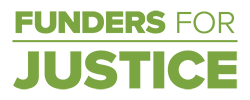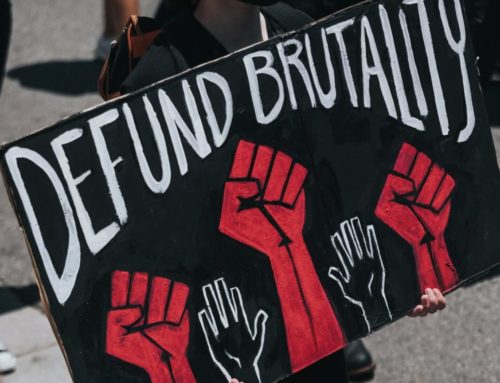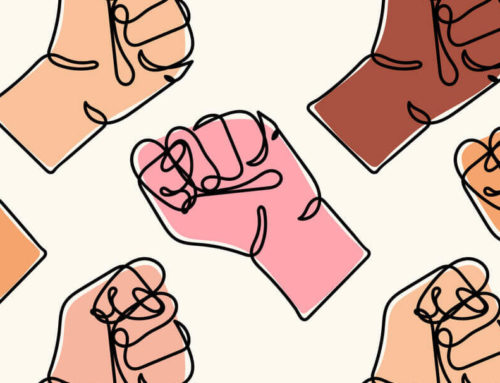April 10, 2015
Read the original blog post here.
The incident was all too familiar. An apparently unarmed black man was fatally shot by a white police officer, in a predominately African American community with a predominately Caucasian police force. And yet there were meaningful differences between the April 7 shooting of Walter Scott in North Charleston, South Carolina, and several similar tragedies—including Michael Brown’s death in Ferguson, Missouri—that stirred nationwide protests last fall.
This time, the entire episode was captured on video. This time, the local political class rushed to condemn the police action. And, as a meme prevalent on Twitter Tuesday night put it, “at least the cop was arrested this time.”
The Scott shooting comes amid a national debate over police practices, the use of force, and the strained relations between law enforcement and the African American community in particular. The White House task force on policing reform has issued its report, and the Justice Department conducted a civil rights investigation into Ferguson’s police department, finding unconstitutional patterns and practices.
Following the protests in Ferguson, Missouri, the Open Society Foundations made several investments—totaling $2.9 million—to help community groups in Missouri advance initiatives to promote police accountability, and to help the Center for Policing Equity in its efforts to develop a national database on police behavior. This supplements the efforts of many civil rights groups and other advocacy organizations concerned about these events.
In early April, Open Society hosted a conversation with several grantees who work on the front lines in Ferguson: Montague Simmons, executive director of the Organization for Black Struggle, a St. Louis-based activist organization founded in 1980, and Jeff Ordower, founding member and executive director of Missourians Organizing for Reform and Empowerment, which works on economic justice issues. They were joined by Janai Nelson, who has a national perspective on these issues as associate director-counsel of the NAACP Legal Defense and Educational Fund.
What follows are excerpts of their talk, which took place April 3, four days before Ferguson went to the polls to elect two new African American members to the city council.


